As with much of the rest of the world, the countries of the Gulf Cooperation Council, including the UAE, view cybersecurity as a crucial priority. Given the increasing revolution in information technology, cybersecurity joins defence and water, food and energy security as a core national security imperative.
To help enhance cybersecurity, the Arab Gulf States Institute in Washington and Raytheon, in partnership with Khalifa University, are bringing together government officials, educators and employers at the inaugural UAE Security Forum in Abu Dhabi on Sunday.
The goal is to explore ways to help bridge the gap in cyber curriculum and cyber training programmes through dialogue with major academic institutions, government officials and industry leaders.
Given the ever-intensifying digitisation of Gulf Arab societies, and the enormous quantity of sensitive personal, corporate and national information being transmitted around the world at any given moment, serious cybersecurity measures are essential to protect critical national infrastructure, sensitive public and private sector data, employers and employees, administrators and citizens alike. Without vigilant cybersecurity measures, crucial information is potentially vulnerable to online criminals, identity thieves, malicious hackers of all kinds, state-sponsored cyber economic espionage, and even the growing spectre of cyberterrorism.
Cybersecurity is increasingly recognised as a key element of national security. Government agencies and security services around the world are playing an increasing role in combating the threat posed to critical infrastructure, as well as the use of electronic capabilities against terrorism and criminal activities. Sharing data on potential cyberthreats is recognised as crucial to cybersecurity, particularly in its counterterrorism function. This requires not only increased national, regional and international cooperation, but also the technological capability to gather and safely transmit the data.
At the Camp David summit held last year between the GCC states and the United States, cybersecurity was identified as a key aspect of present and future cooperation. At the summit and in working groups that the two sides have been maintaining, cybersecurity has been rightly accorded the same level of priority as counterterrorism, ballistic missile defence, maritime security and other, more traditional, aspects of national, regional and international security cooperation.
Given the importance of the issue, the need to develop cyber-talent and expertise in GCC countries has never been more urgent. The UAE has taken a key leadership role by preparing young Emiratis to perform competitively at a world-class level in the technological fields and disciplines central to our rapidly-developing economy and information era.
The recently adopted UAE science, technology and innovation higher policy is a good example of the kind of government initiative necessary to develop the capabilities and workforce capacity needed to meet these challenges, particularly by intensifying its focus on Stem (science, technology, engineering and maths) education and innovation. This Dh300 billion investment project in developing a knowledge economy is consciously designed to prepare the groundwork for a world and region beyond the petroleum industry. It involves more than 100 initiatives in sectors such as education, health, energy, transport, space and water, and the development of fields including robotics, solar power, intellectual property, stem-cell research and bio-technology.
It is precisely the kind of policy initiatives that a forward-thinking government ought to be promoting in a region that must look beyond the traditional reliance on energy exports and towards a future of radical economic and technological transformation.
Cybersecurity will be a key element in ensuring that this future, which holds so much promise of a better life for all people is stable, orderly and beneficial to the general public.
However, even with such enlightened policies, the reality is that cyber-talent is in high demand, difficult to develop, hard to identify and even more difficult to recruit. To develop the requisite workforce for this future, new systems and technologies will be required to ensure that the processes of recruiting, training and retaining are all done successfully. It is essential that cybersecurity comes to be recognised as a career path in its own right.
The UAE Security Forum, under the title Bridging the Cybersecurity Talent Gap, will seek to explore best practices and make recommendations about how to tackle these challenges by bringing together government officials, educators and industry executives in a number of interactive sessions during the day-long event. The goal is to help enhance cybersecurity by building capacity across the board, and in particular contributing to the development of an Emirati and Gulf Arab workforce that can meet urgent challenges.
Whether it is combating malicious code or network abuse or attacks by criminals, or the development of technical countermeasures to thwart terrorists, the need for cybersecurity is plainly urgent and vital.
This article originally appeared in The National.
The views represented herein are the author's or speaker's own and do not necessarily reflect the views of AGSI, its staff, or its board of directors.
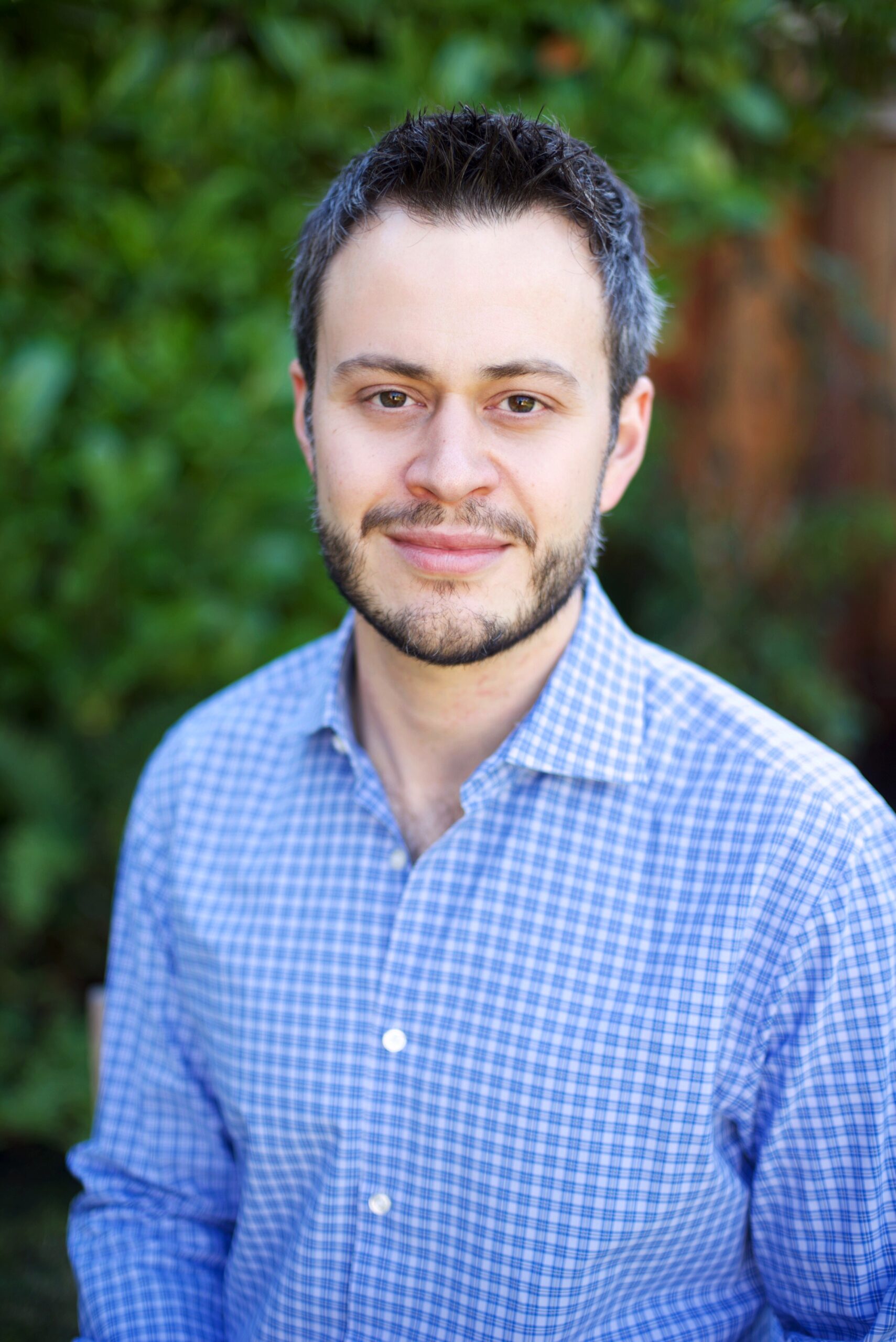
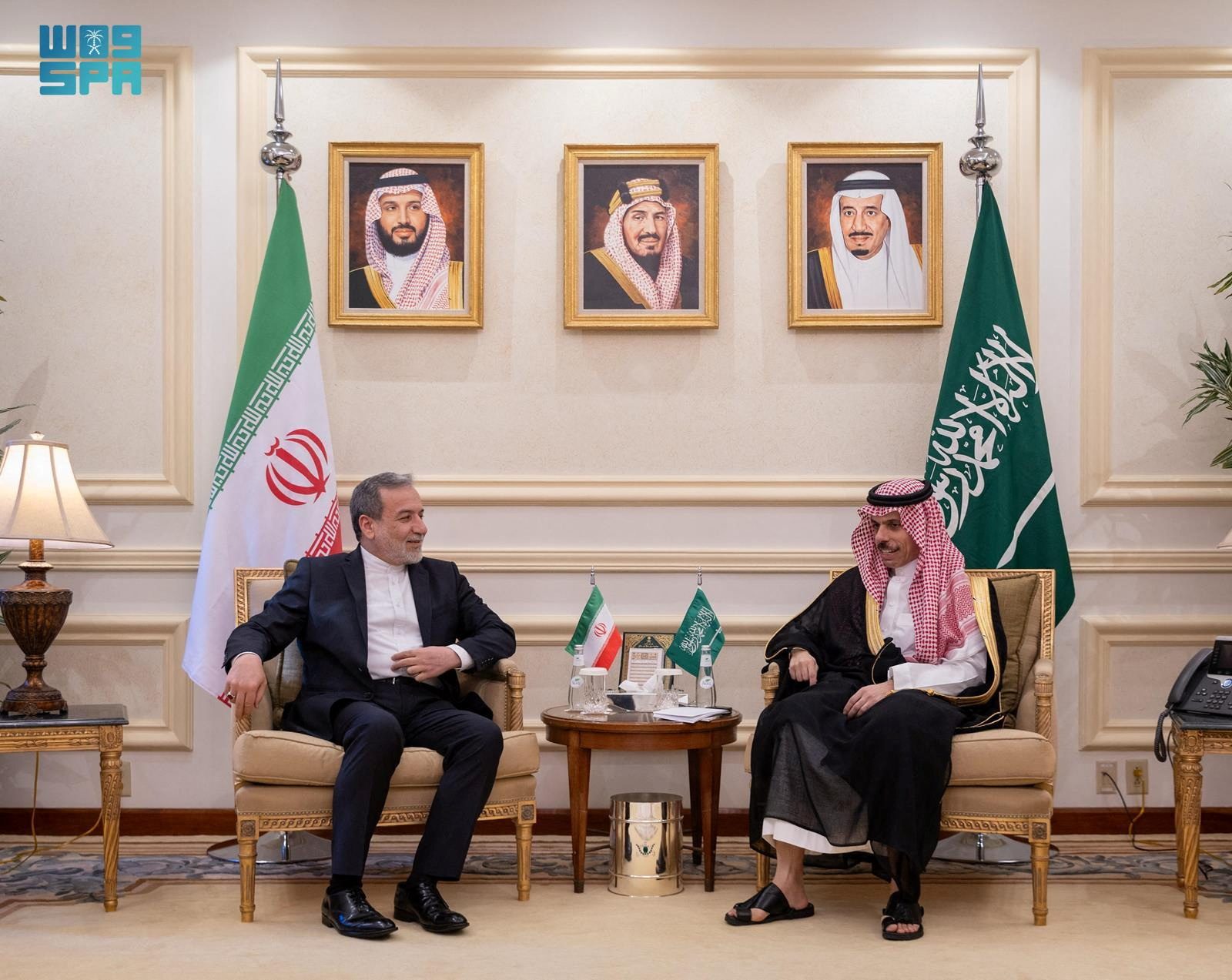
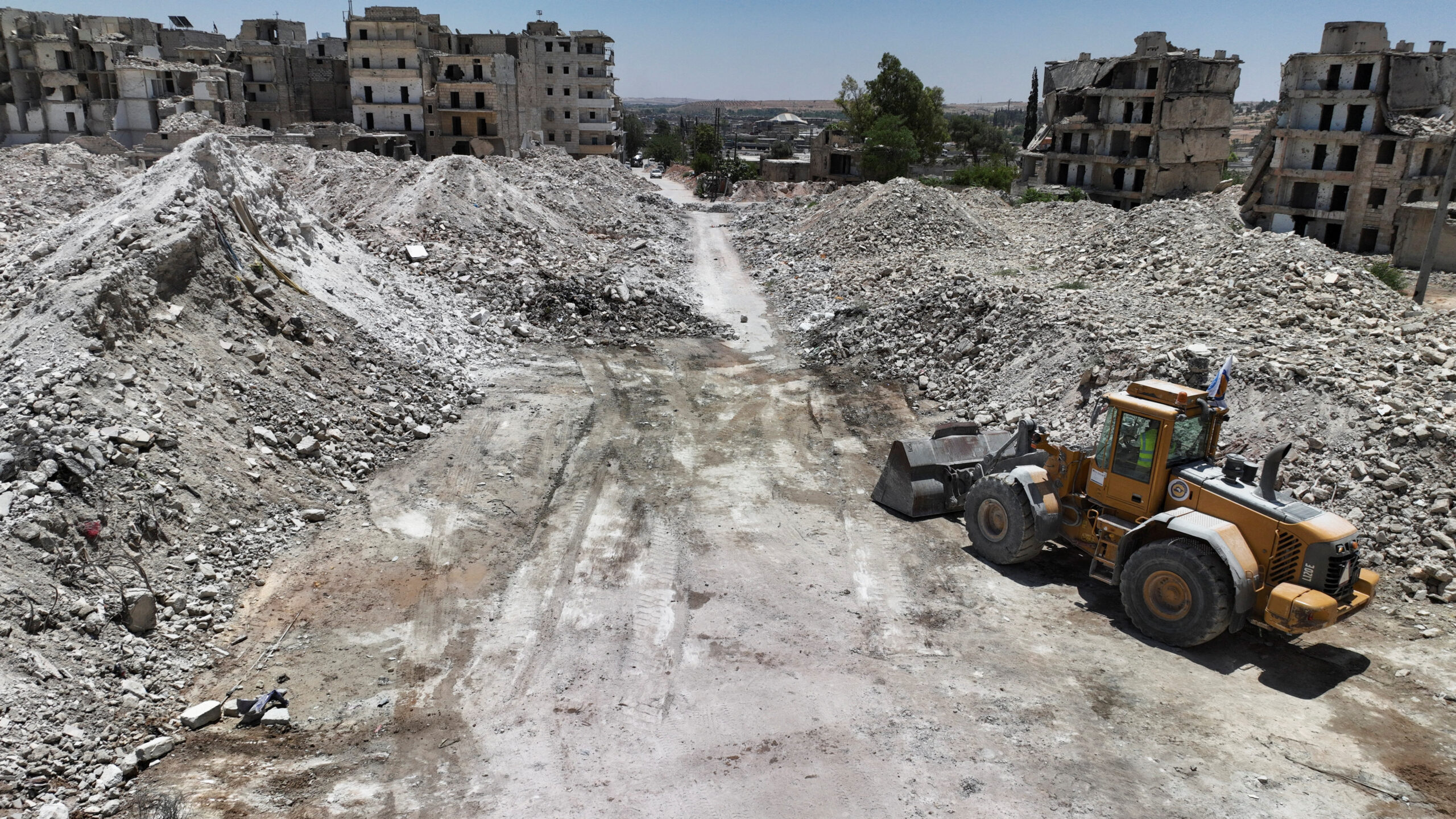
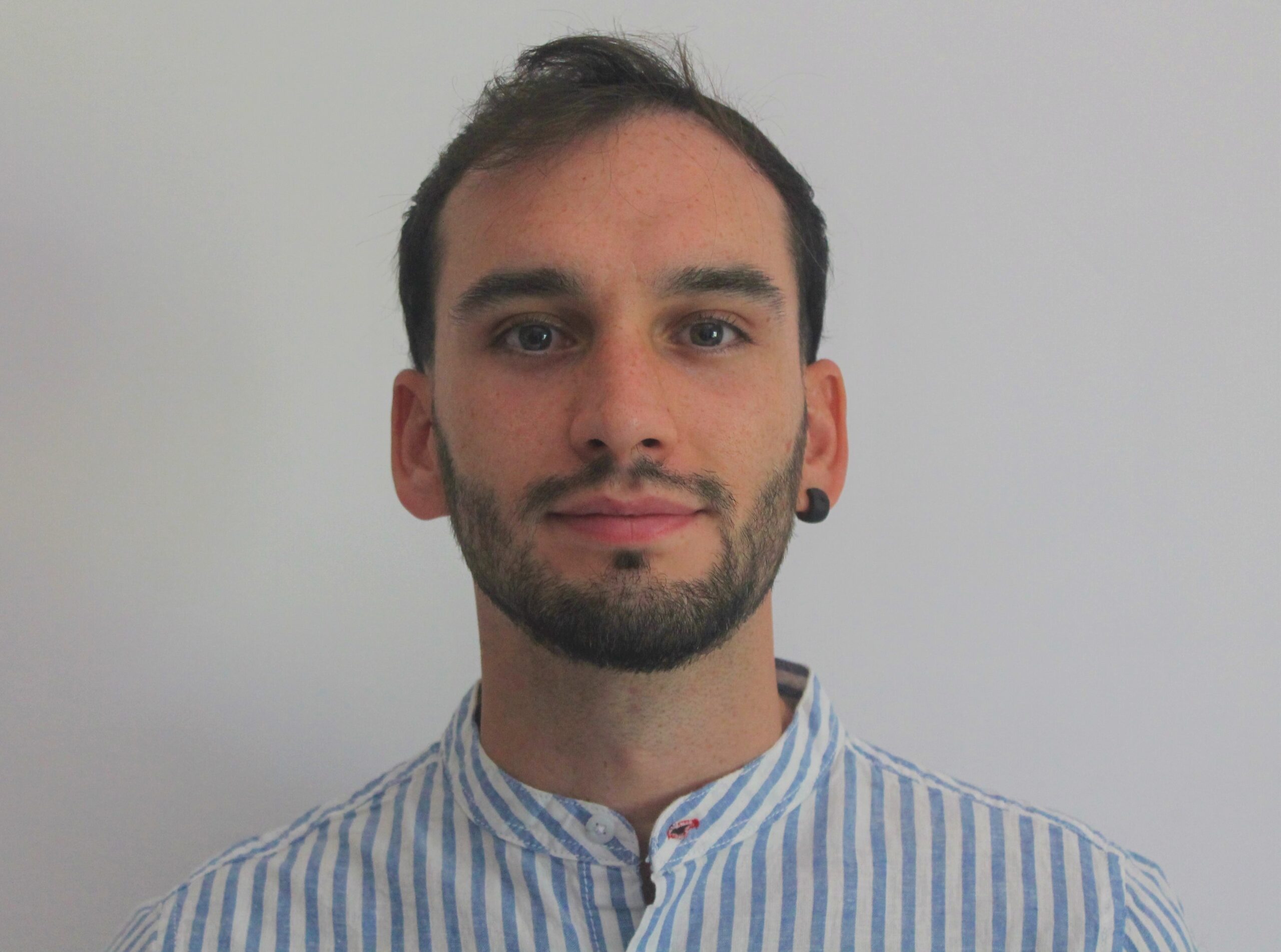
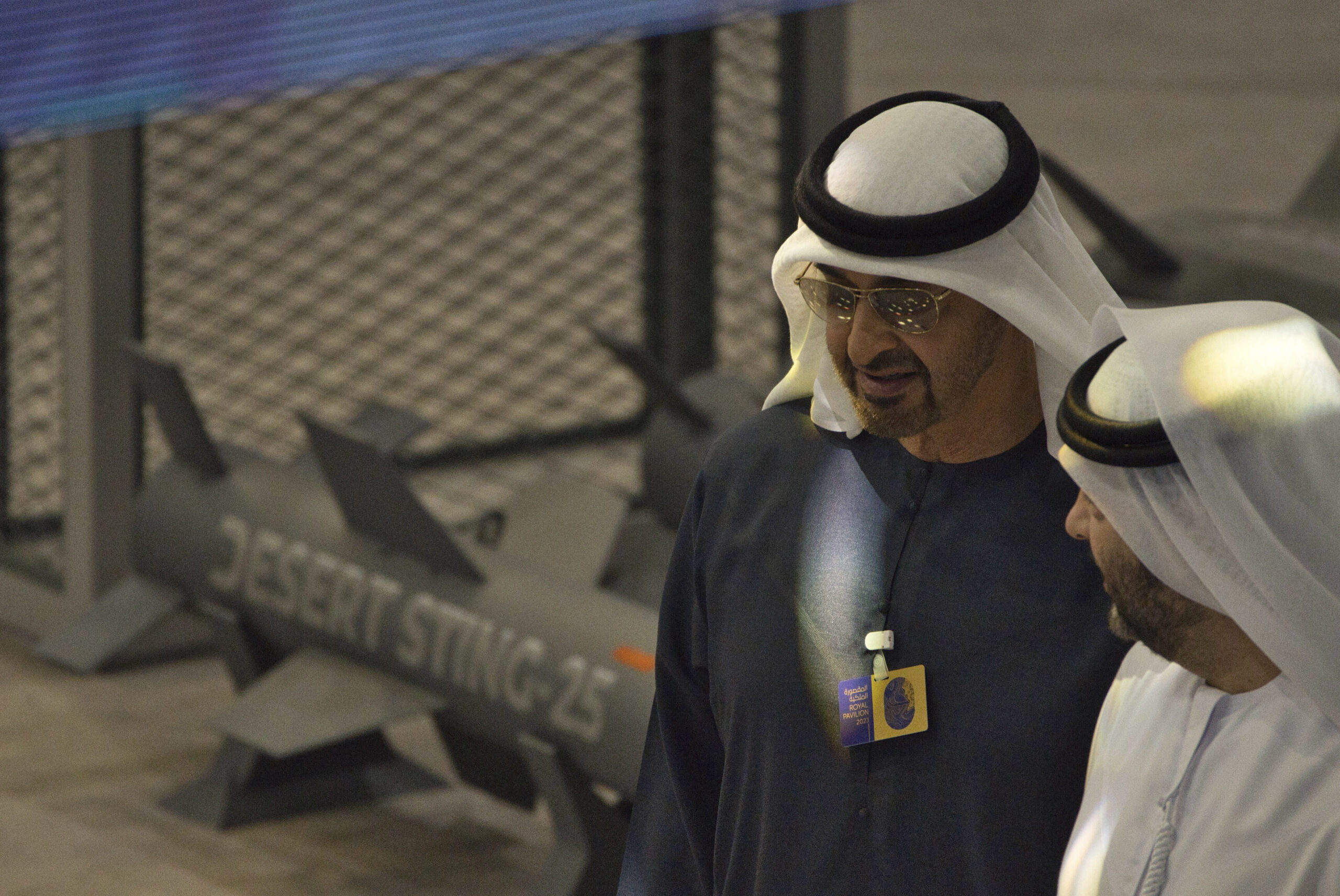
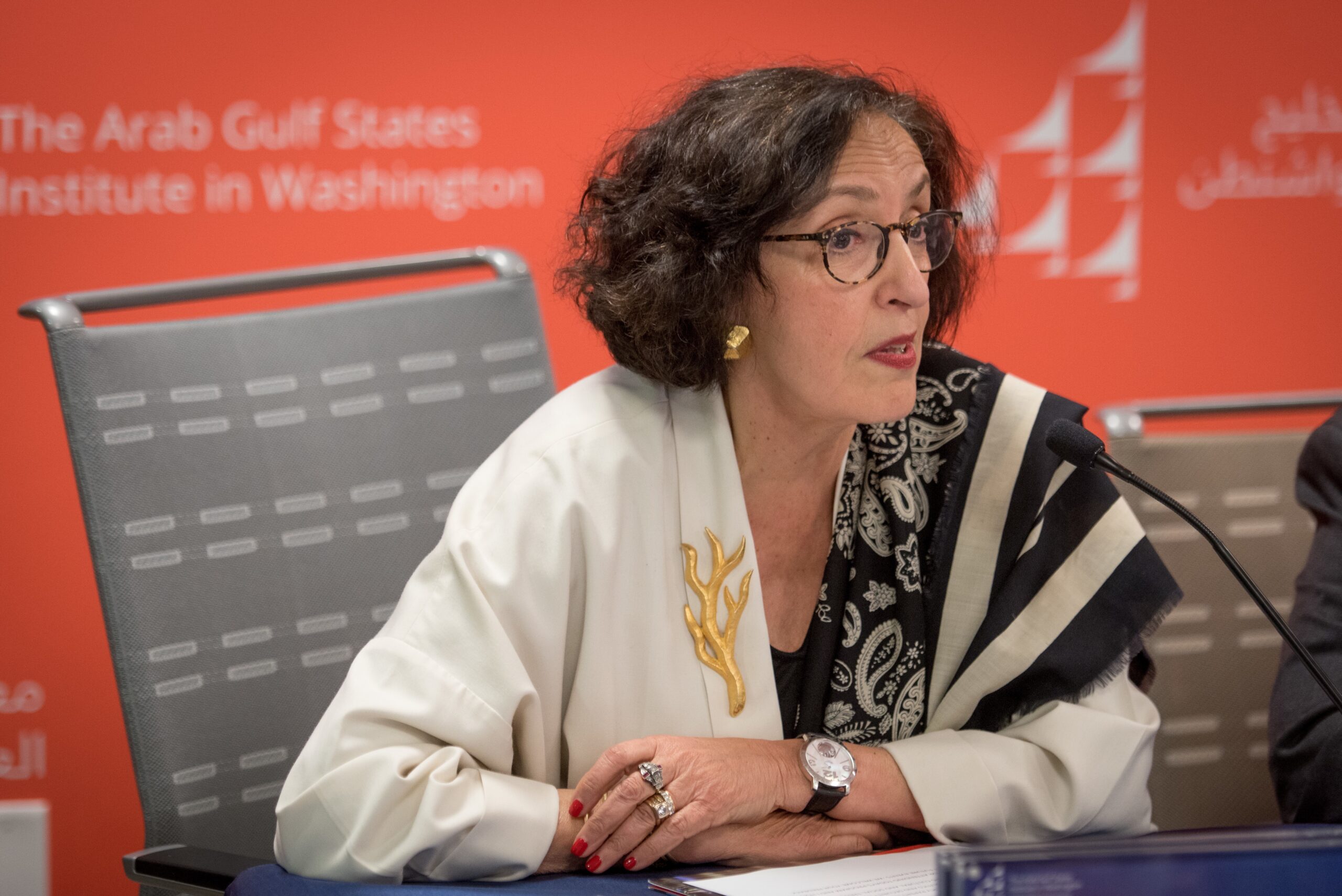

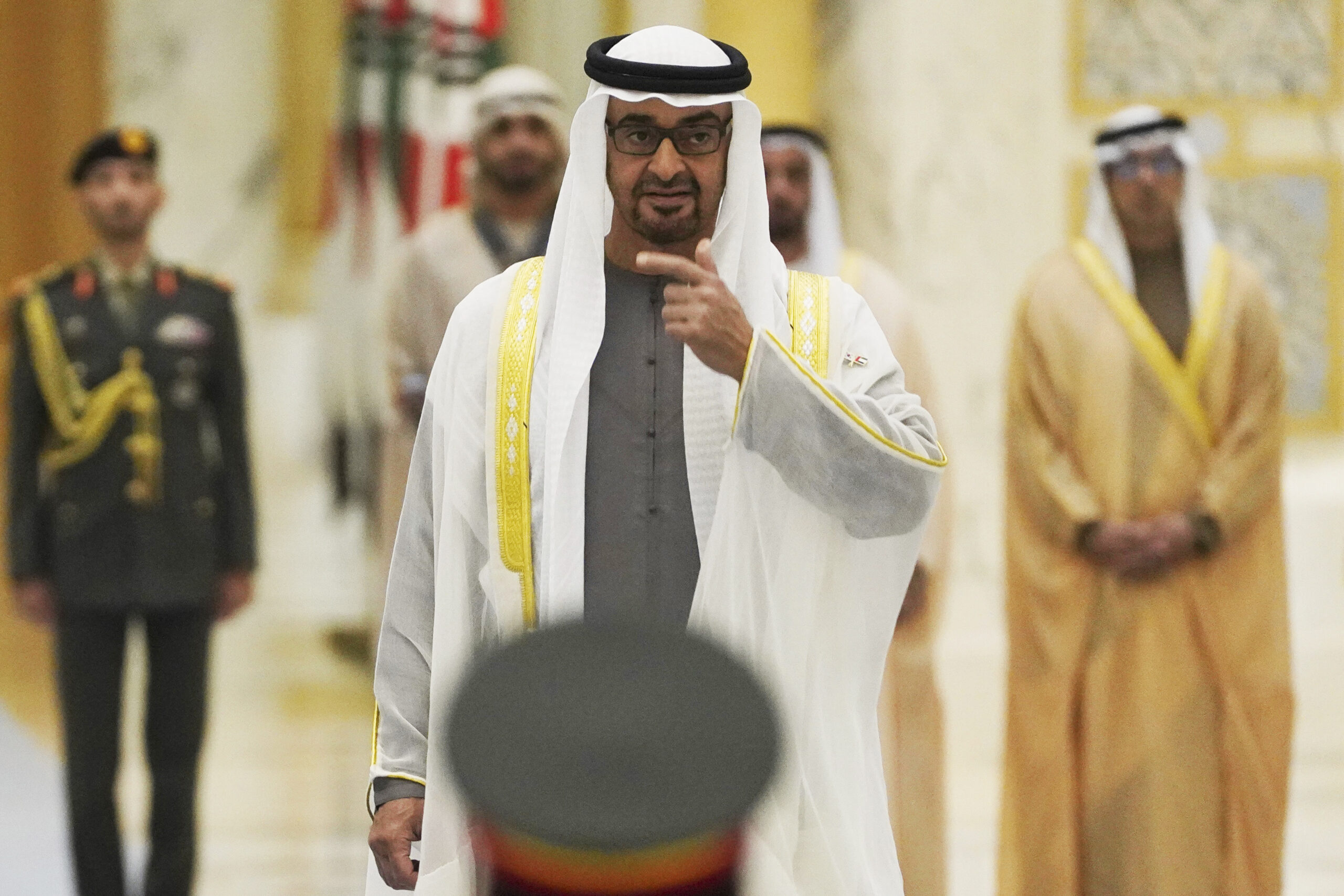
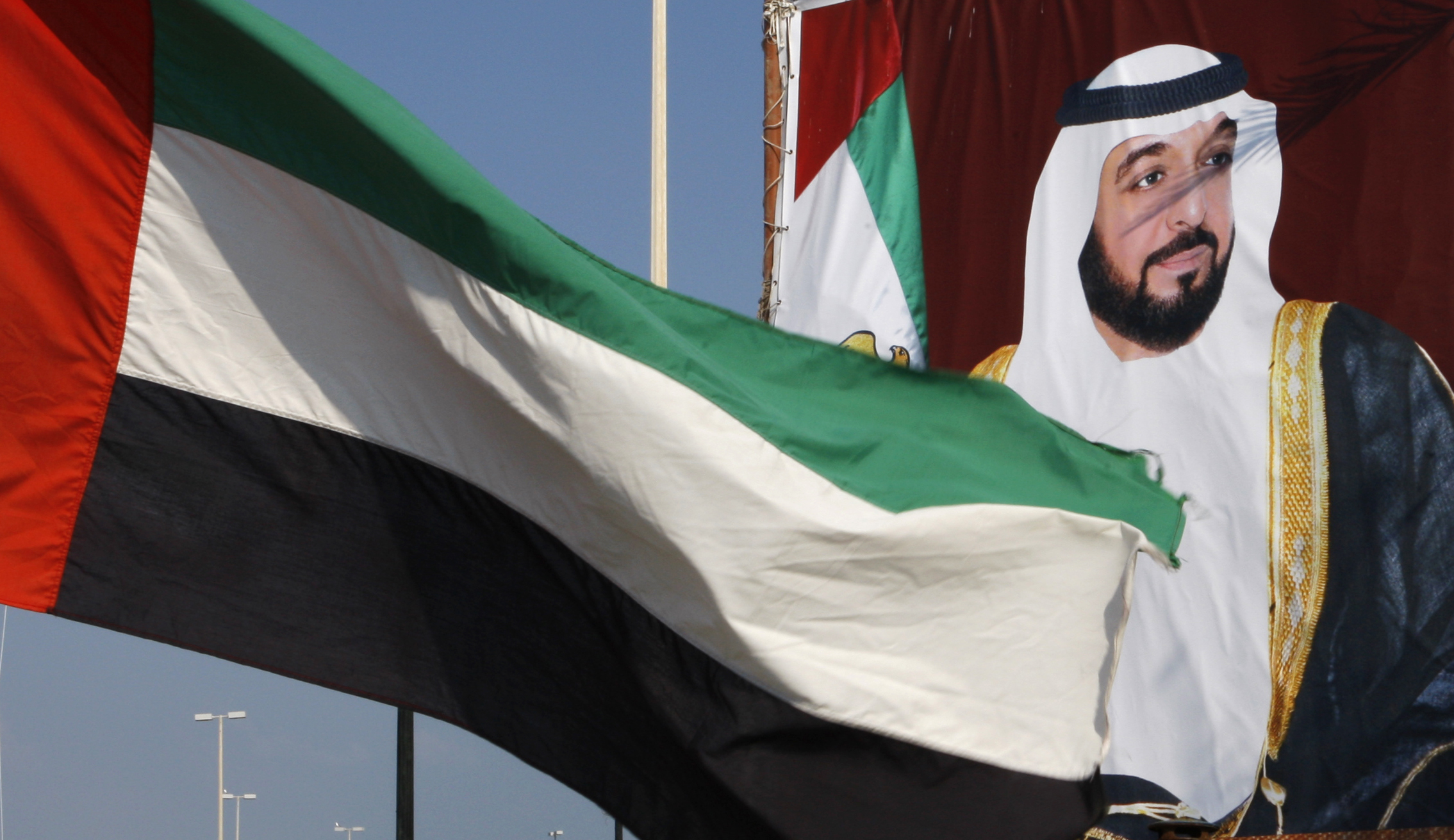
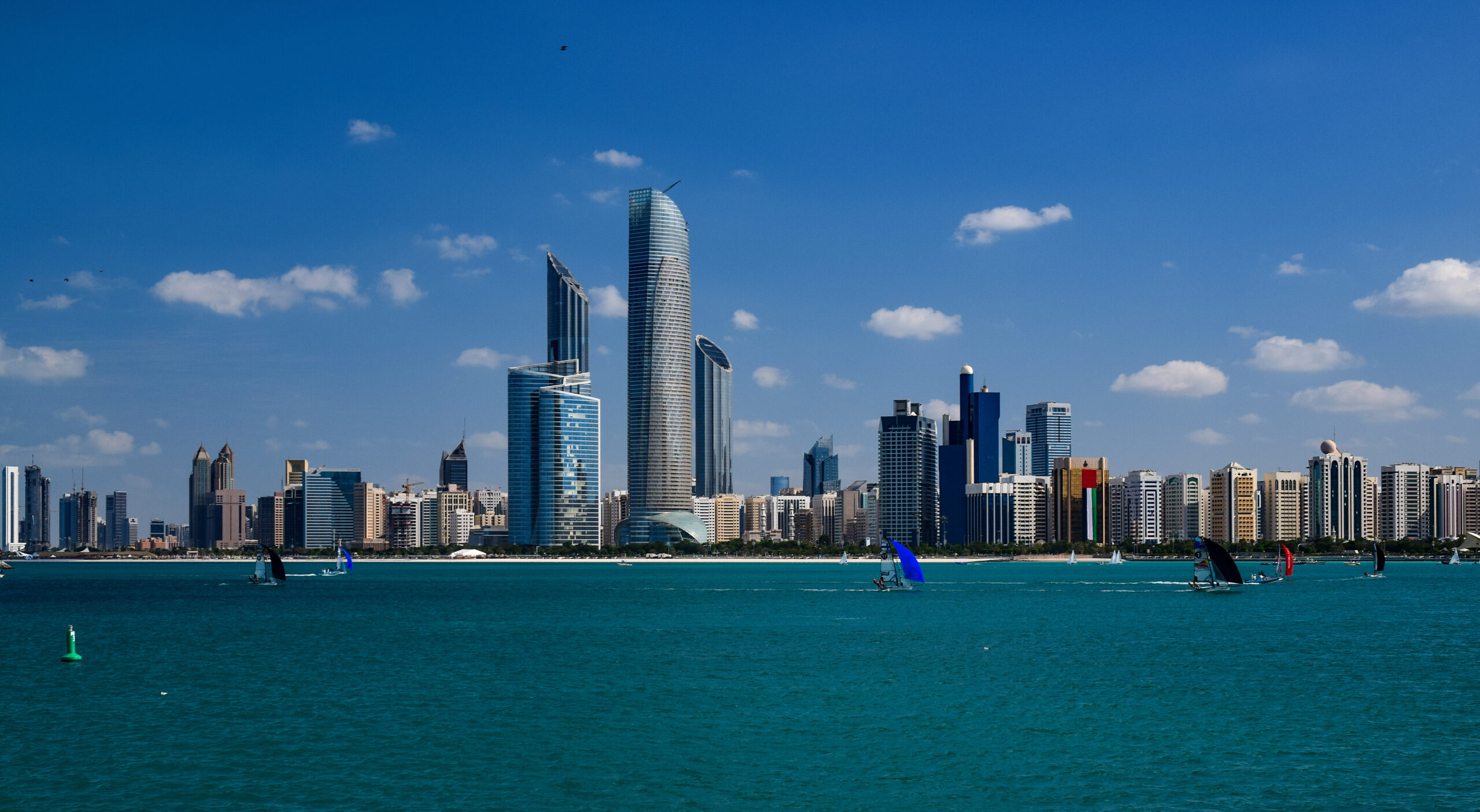
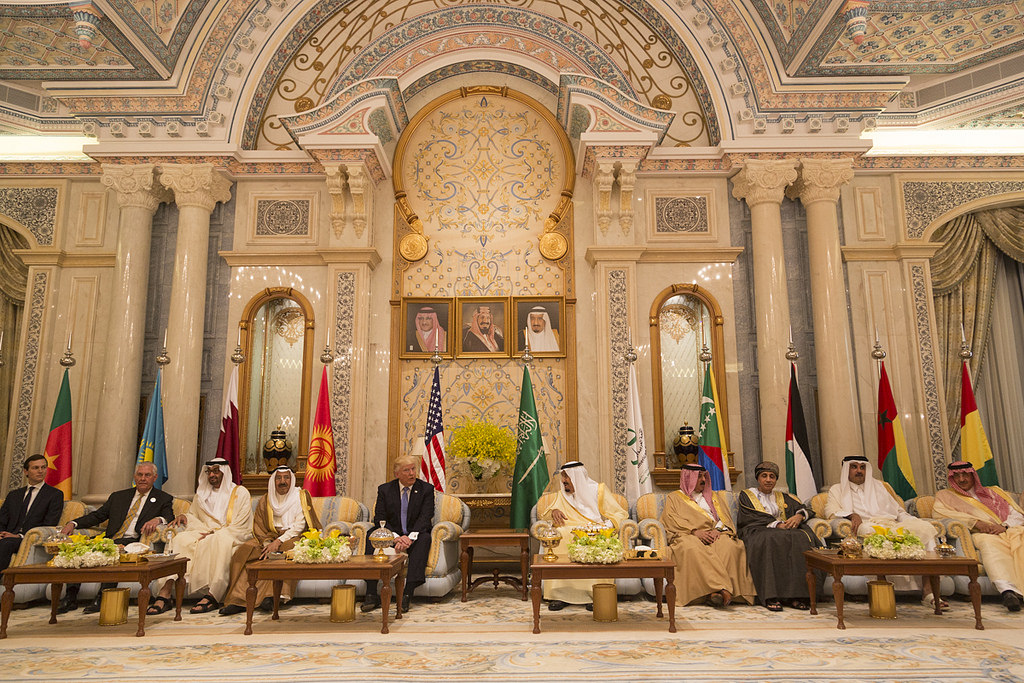


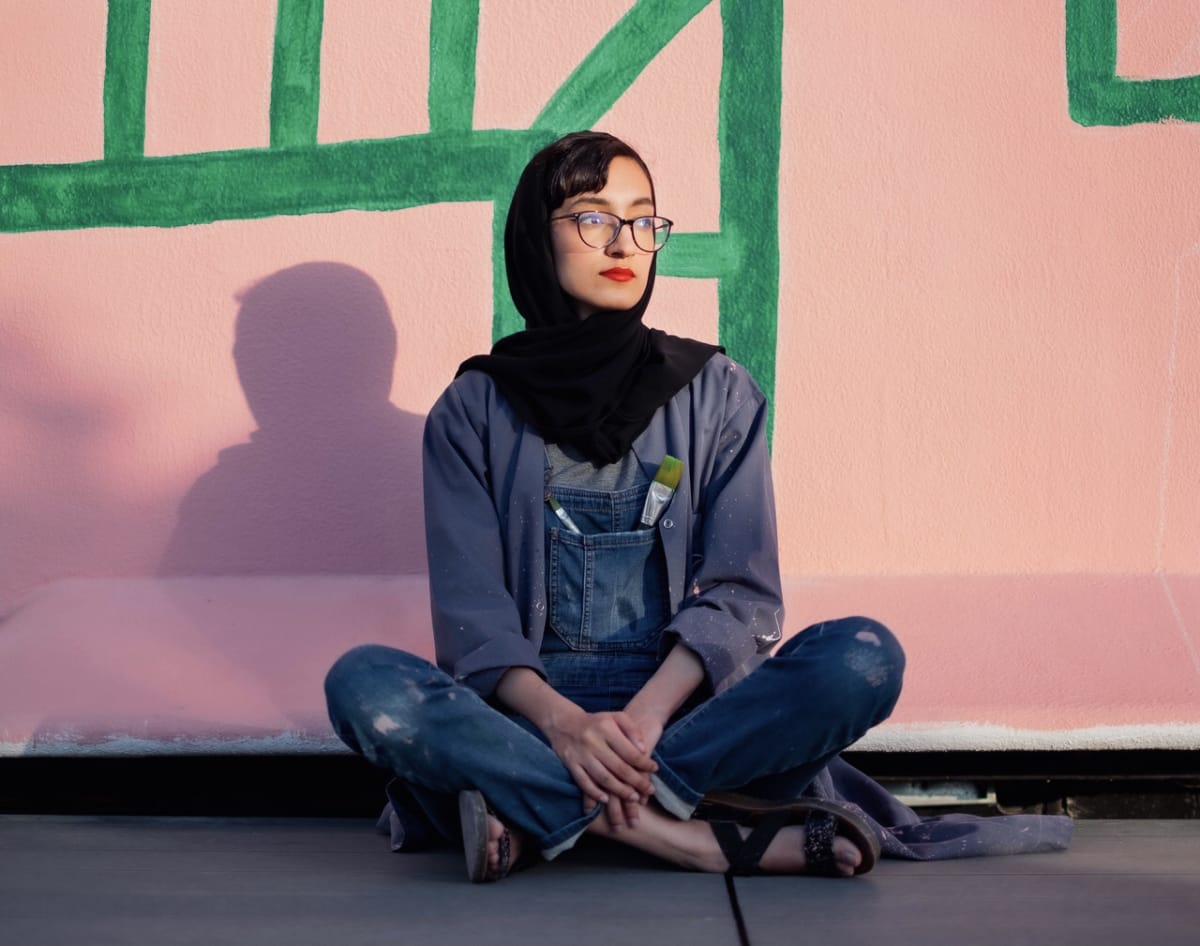
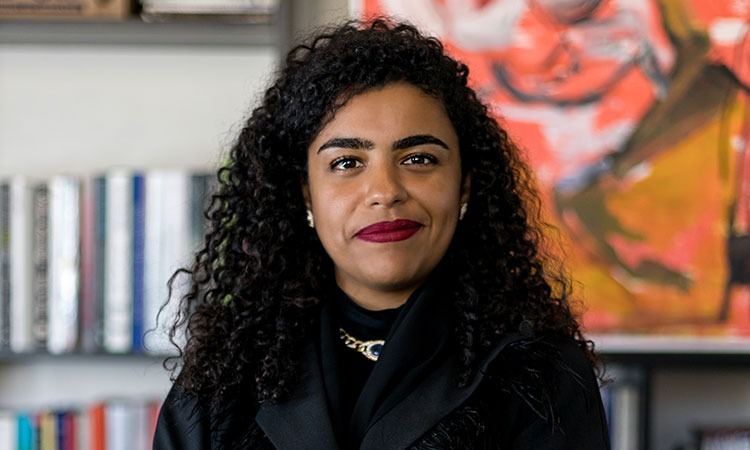
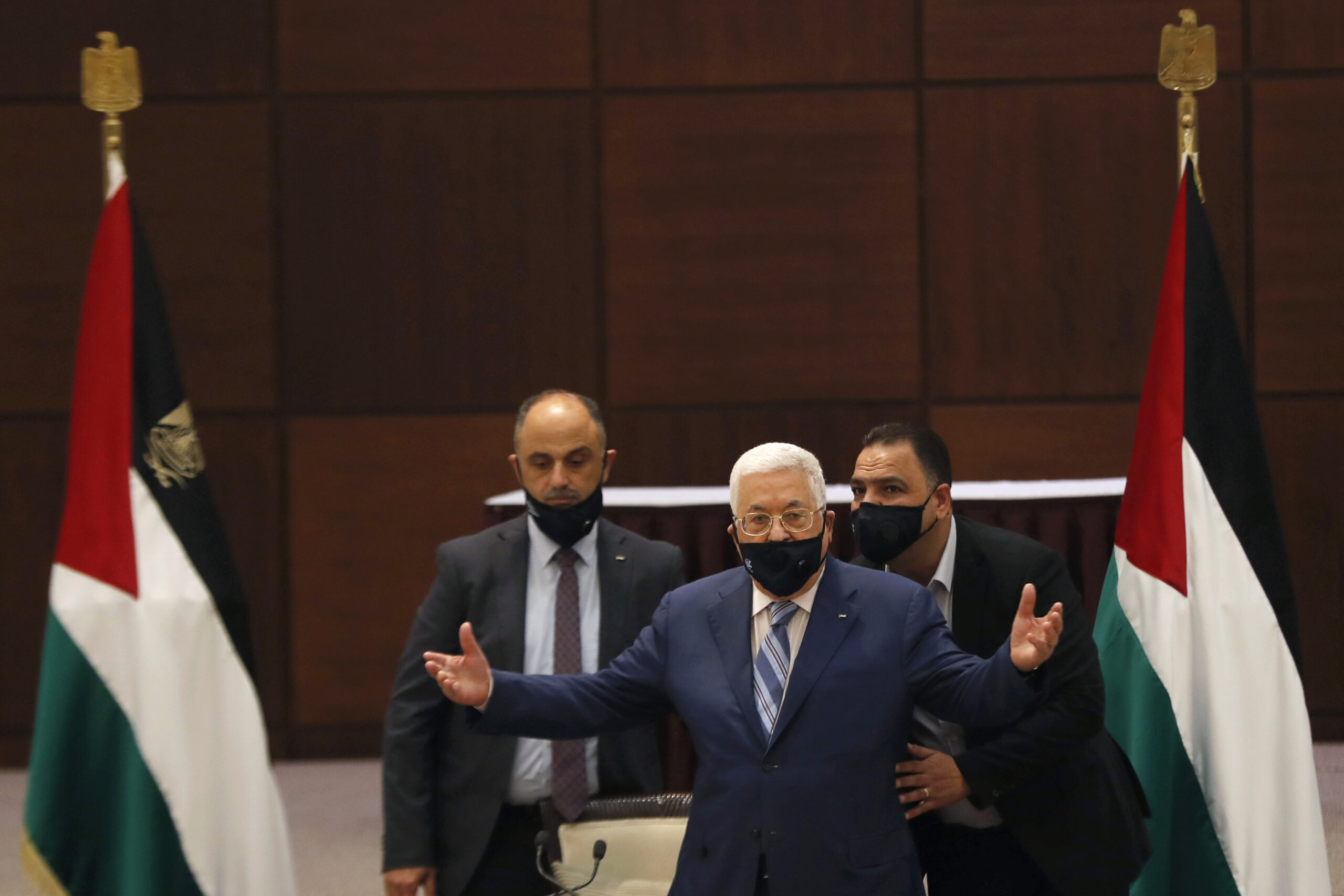

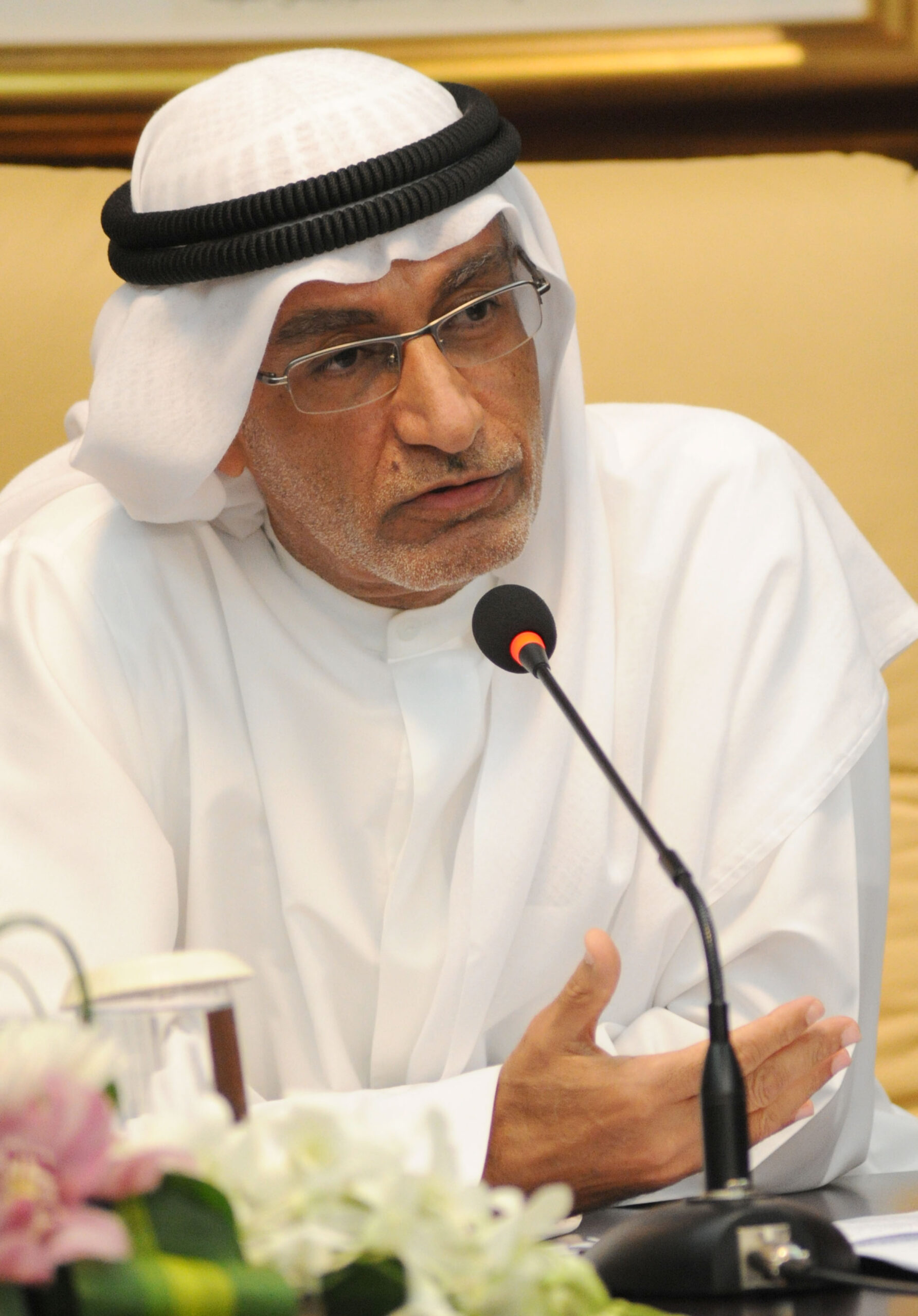
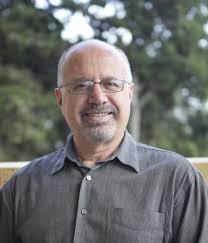
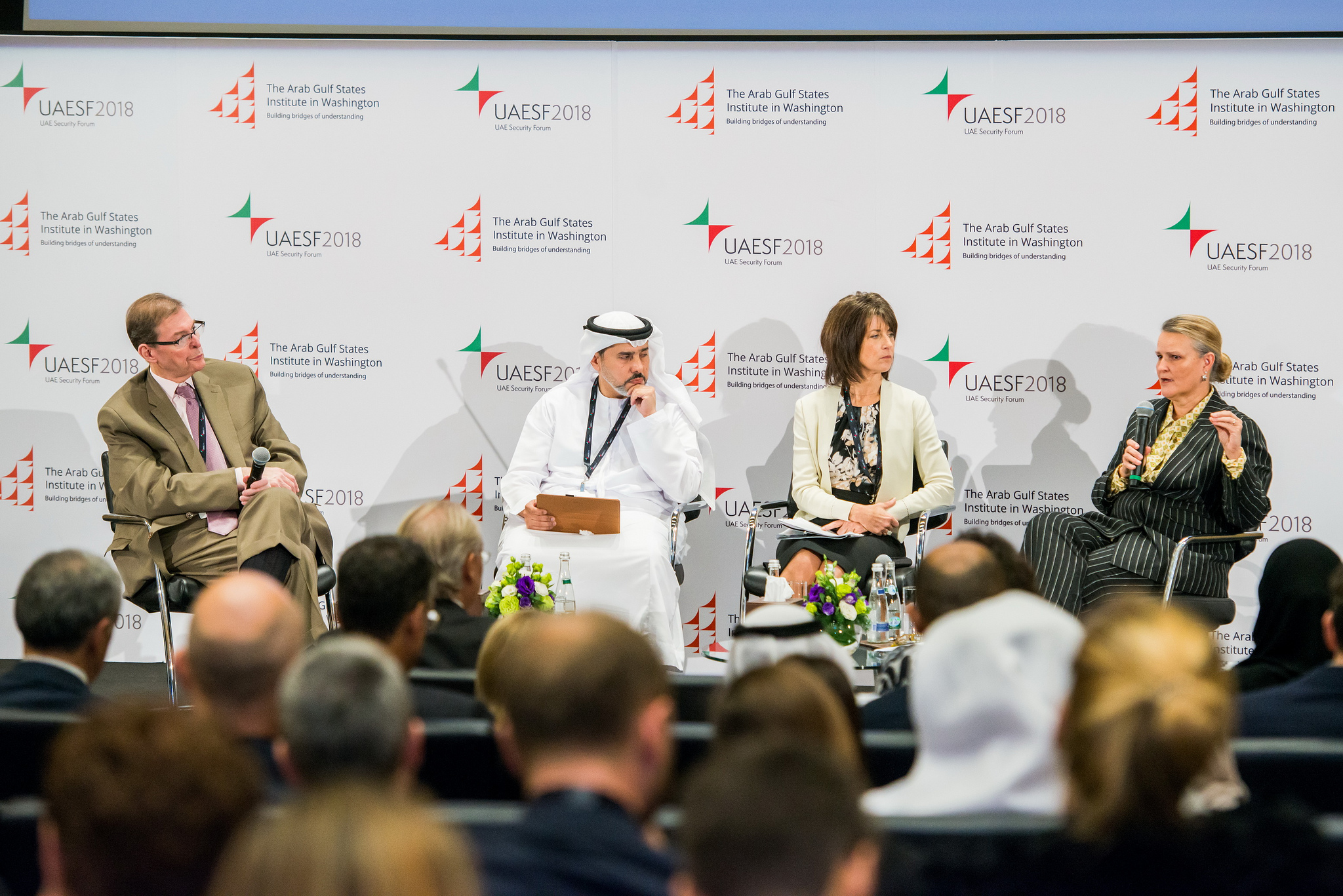
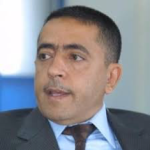




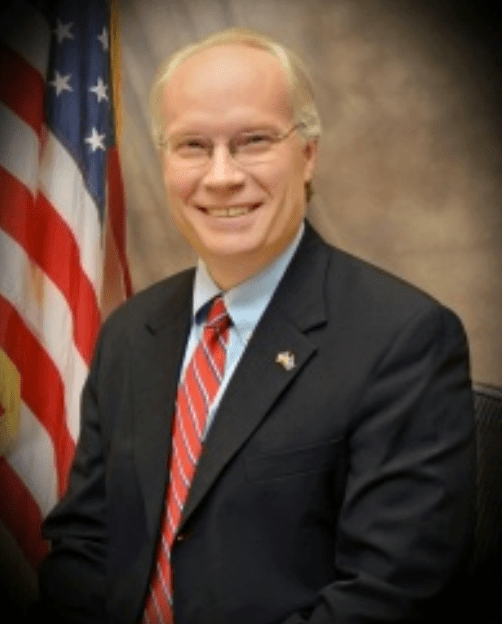
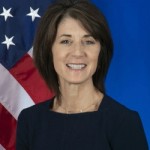
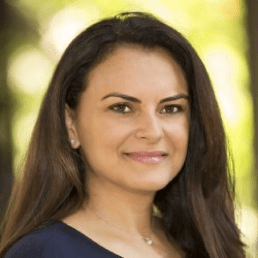
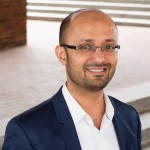
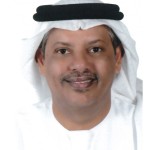
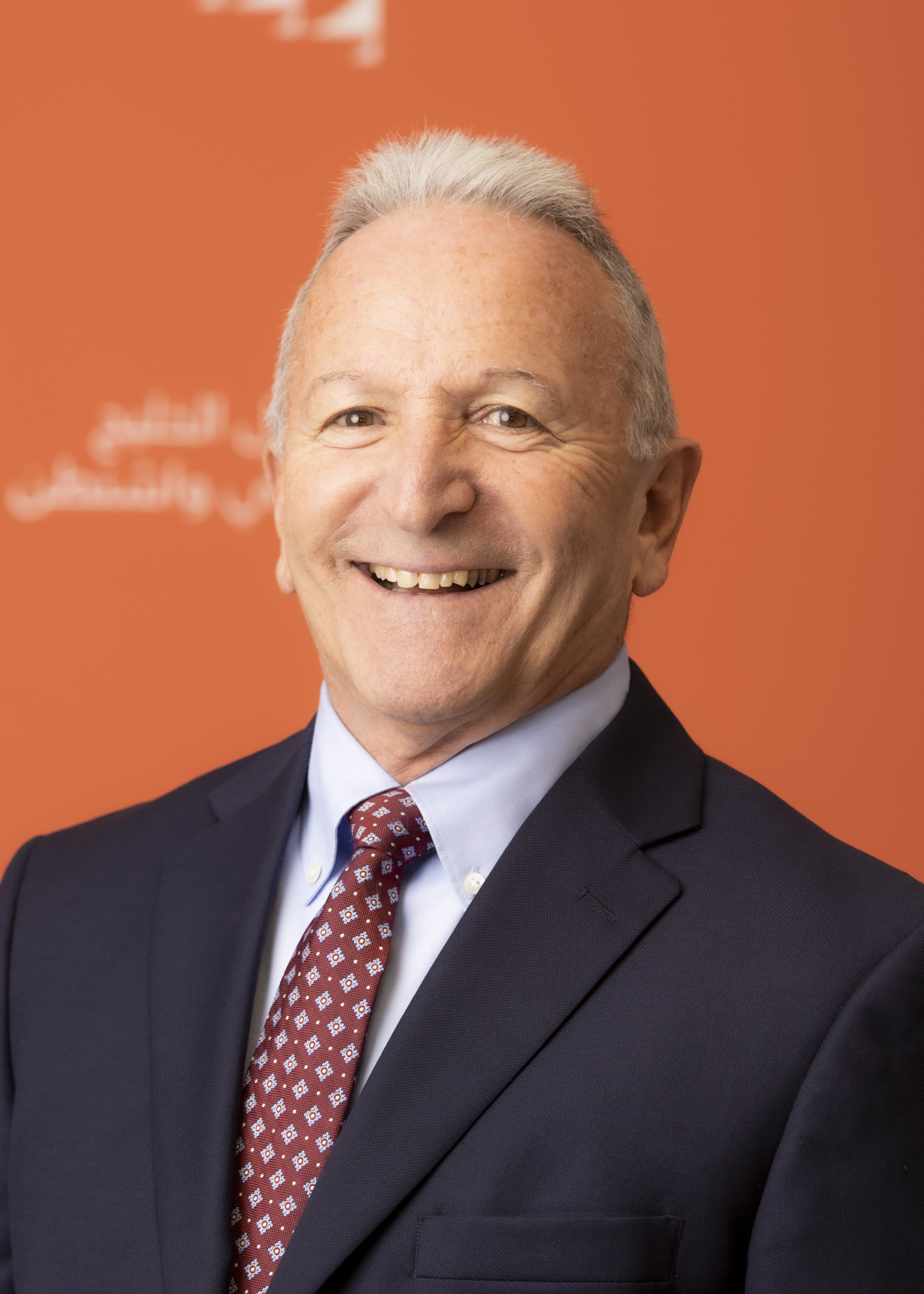
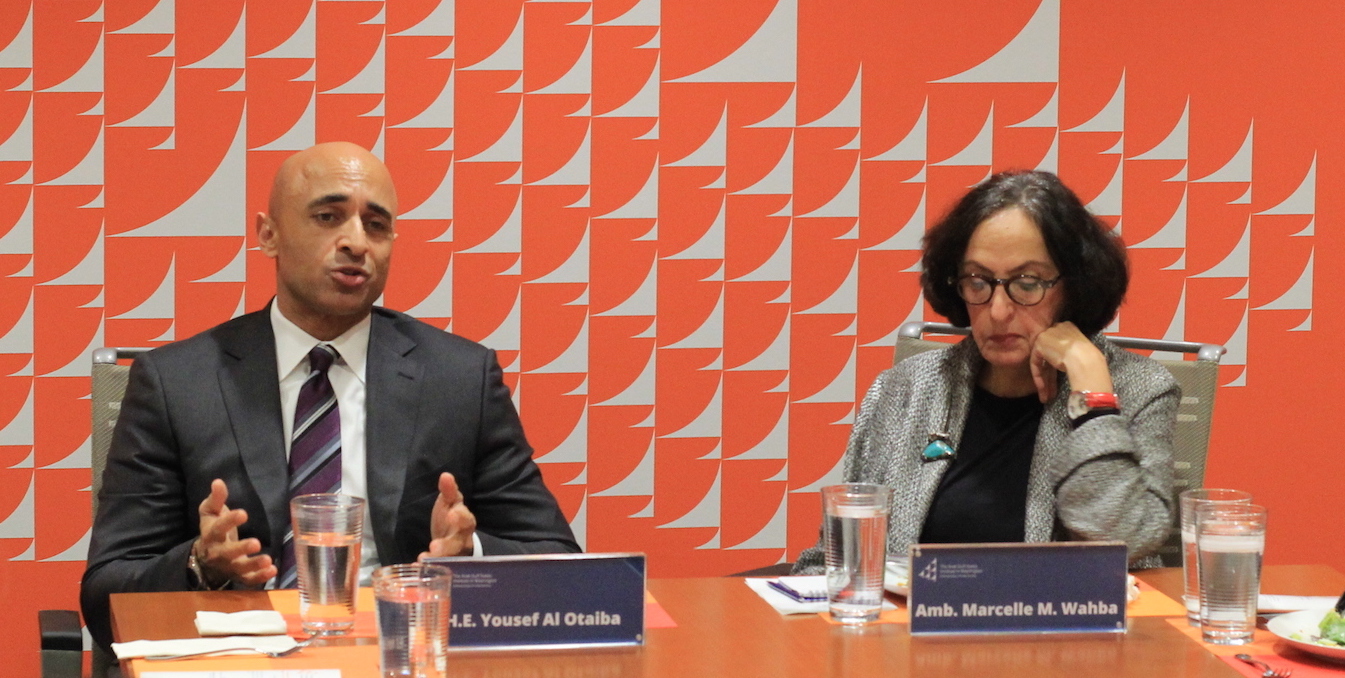
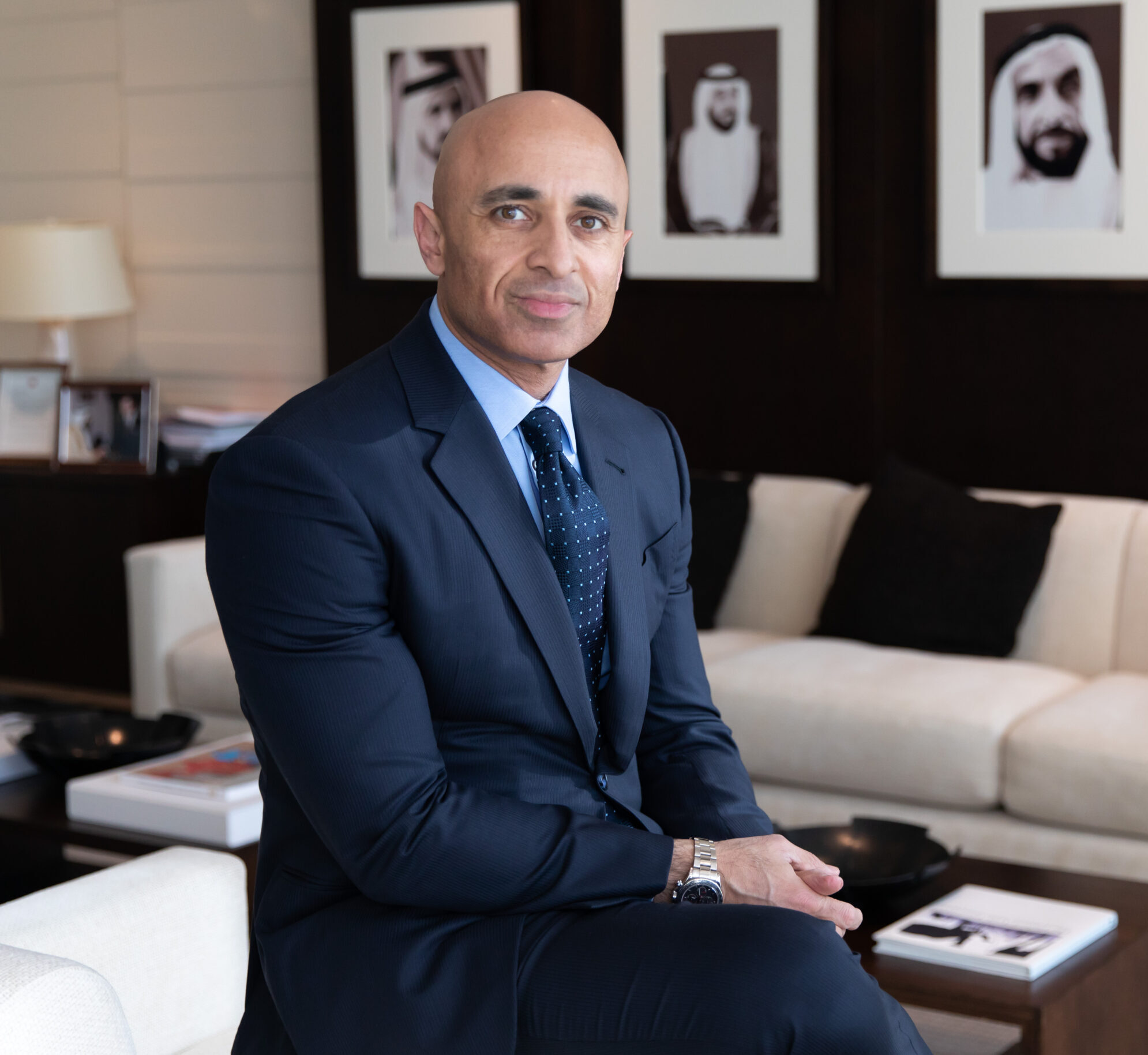
Feb 19, 2016
Cybersecurity is the Gulf’s Next Big Challenge
As with much of the rest of the world, the countries of the Gulf Cooperation Council, including the UAE, view cybersecurity as a crucial priority. Given the increasing revolution in information technology, cybersecurity joins defence and water, food and energy security as a core national security imperative. To help enhance cybersecurity, the Arab Gulf States...
4 min read